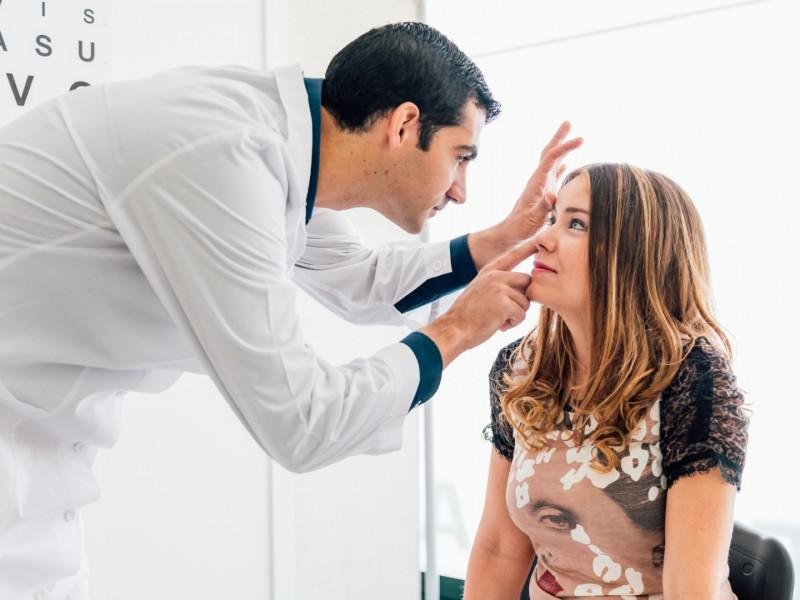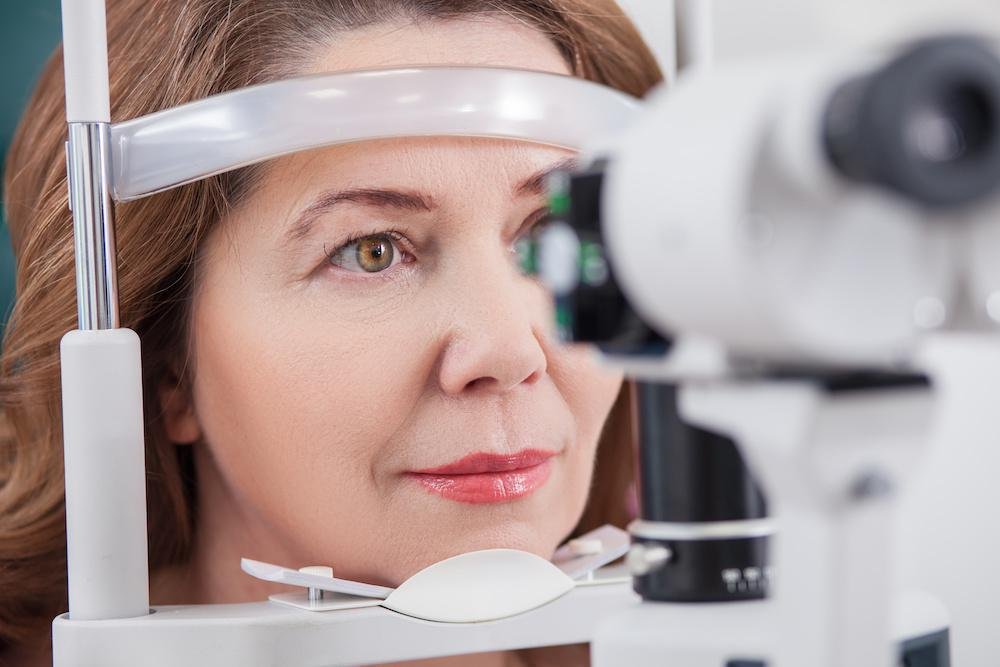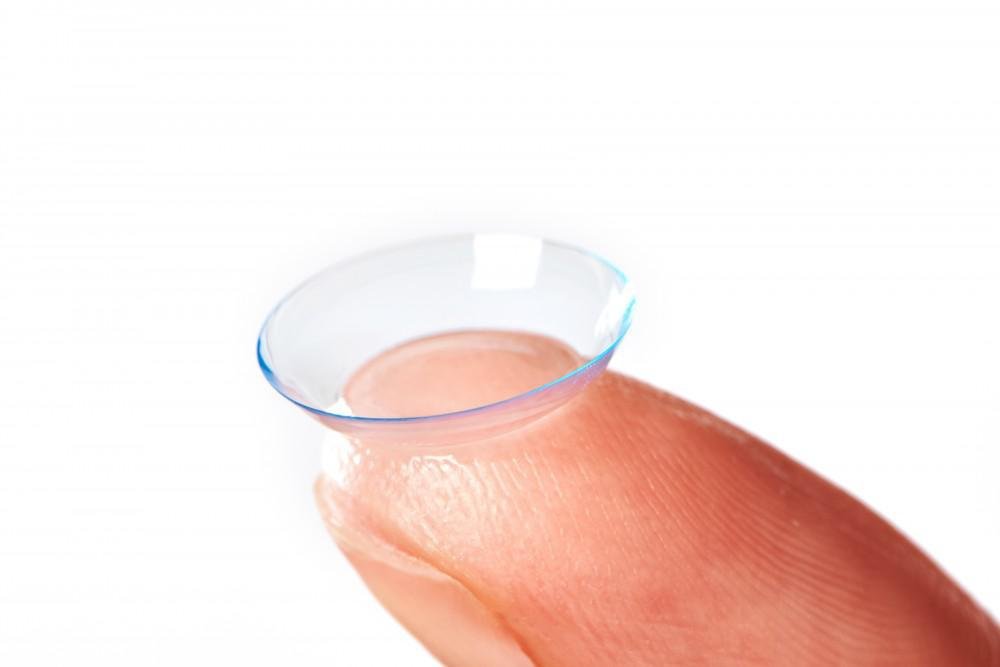Did you know? Glasses were first invented for people with farsightedness. If someone was nearsighted in those days, a pair of convex glasses wouldn’t help, and this was the only material available for the production of eyeglasses in the 1880s. Convex eyeglass lenses were great when it came to magnifying print for reading and writing, and the concave lenses that worked for nearsightedness weren’t invented until many years later.For people over 40, this was good news, because this invention helped greatly with Presbyopia, the condition that causes things close-up to look blurry as we age.
So how do you know which type of eyewear is right for you? Let’s discuss the pros and cons of each, and then we’ll let you decide:
- Glasses have less upkeep than contact lenses, as well as less risk. If you don’t forget to clean your glasses, it’s really not a big deal. If you forget to care for your contacts properly, however, you could end up causing permanent damage to your eyes! The invention of contacts that can be disposed of daily has improved this risk factor, though, so all you have to do is remember to take good care of them.
- Contacts help the wearer to almost forget that they have a vision impairment, and without the weight of the frames it’s easy to move about freely without worrying that eyeglasses will fall off or get lost.
- Eyeglasses can interfere with your field of vision, too, such as when you look out the corner of your eye. You will see part of your frame, and contact lenses don’t have that issue, of course. Glasses are also prone to fogging up when it is humid outdoors, or when the wearer moves from a cold environment to a hot one, but they do protect the eyes from dust and debris.
- Eyeglasses are considered a better choice for those who work on computer screens or spend lots of time online during leisure hours. Too many hours of screen time can lead to eye strain and dryness, even when using lubricating drops. Eyeglasses will be much more comfortable for heavy computer users, and this is also true for those with allergies or eye irritations.
- When it comes to style, glasses and contacts will both allow you to express yourself. Many celebrities have even founded their own eyewear lines. However, you can also customize your contact lenses by changing the color of your eyes.
- Contacts can often cost more than eyeglasses, especially if the wearer opts for dailies. To conserve your finances, you can buy contacts in six-month or yearly quantities, but you will want to be sure to check in with your eye doctor to keep your prescription up-to-date.
We hope that this list of factors will help you to make an informed decision about which type of eyewear will be right for you. Here at Classic Vision Care, our name says it all. We care about you and your vision, and we are here to help you make the best eyewear choice. Make an appointment with us today!
You Might Also Enjoy…
Are Glasses Better than Contacts?
Trying to decide between wearing eyeglasses or contact lenses? Consider all the factors, including comfort, ease, and appearance. We’ve compiled a list of pros and cons to help you see your way through this significant decision.
Why Sunglasses are Important All Year Long
No doubt you always have your favorite shades close by all summer. But sunglasses protect your eyes all year long, even during darker winter months. Learn how they shield your eyes from harmful ultraviolet (UV) rays any time of year.
How Astigmatism Affects Your Vision
Astigmatism causes a variety of symptoms ranging from blurred vision to eye discomfort and pressure. Understand how a comprehensive eye exam can pinpoint the cause of your symptoms and get your sight back on track.
Who Is at Risk for Glaucoma?
Could you be at risk for glaucoma? The short answer is that everyone, especially seniors, is at risk for glaucoma. Learn how to lessen your odds of losing your sight through early detection and treatment.
5 Steps to Prevent Diabetic Eye Disease
People with diabetes are more vulnerable to certain eye diseases, such as glaucoma, cataracts, and diabetic retinopathy. Learn what steps you can take to slow their progression and potentially avoid them in the first place.
Am I a Candidate for Contact Lenses?
If you need vision correction, contact lenses are a popular option. If you’re simply tired of your glasses or just looking to see the world more clearly, discover whether contact lenses may be the perfect fit for you.







